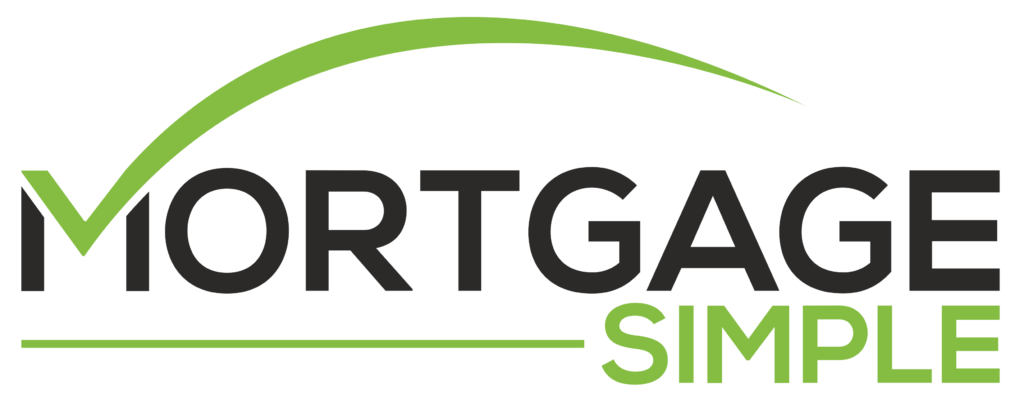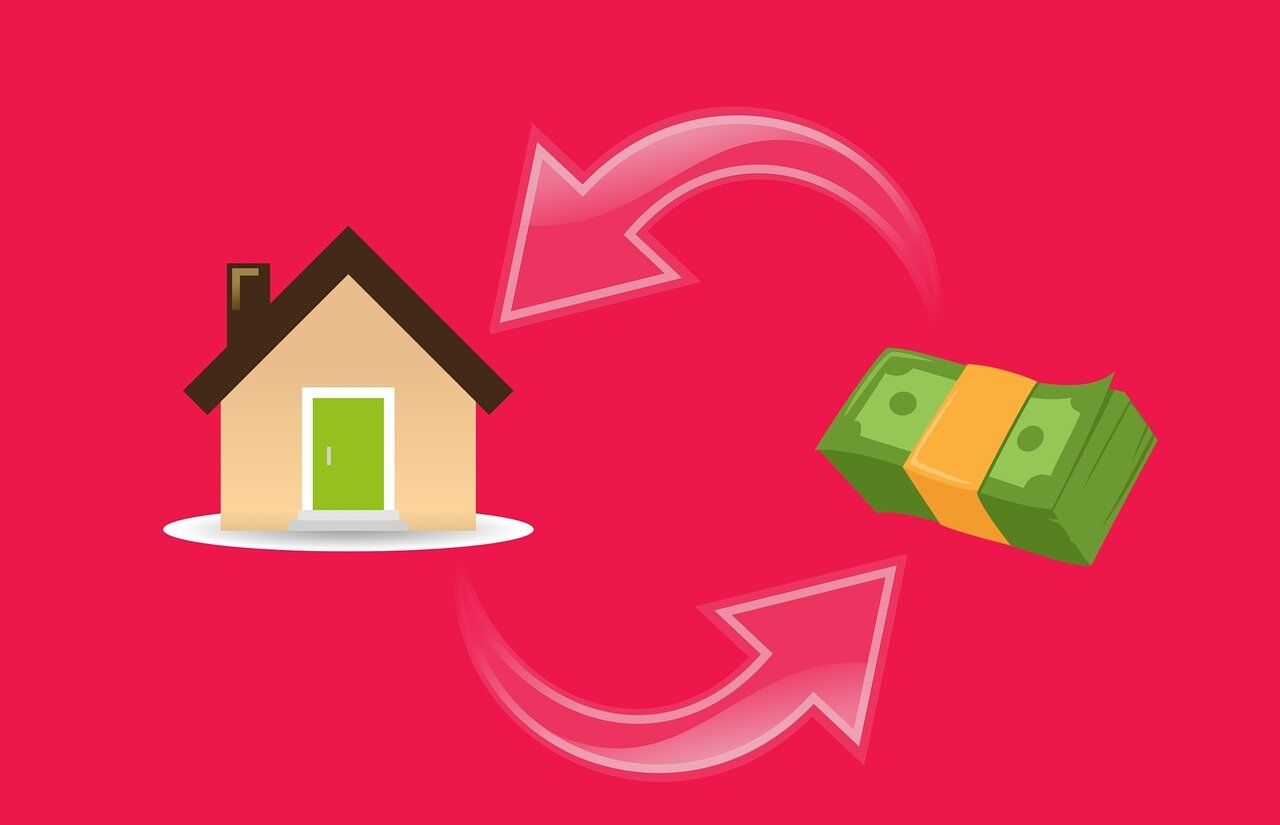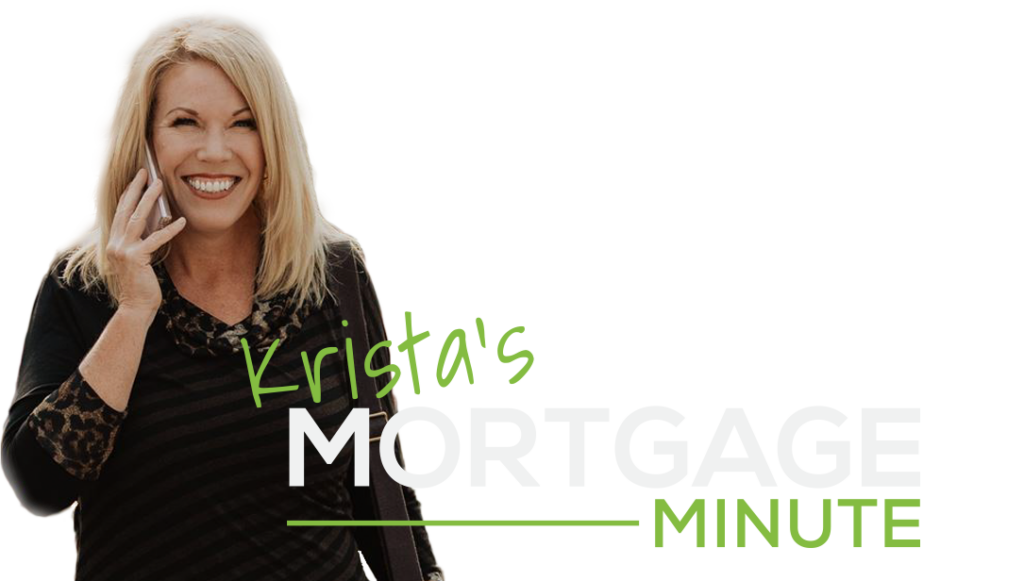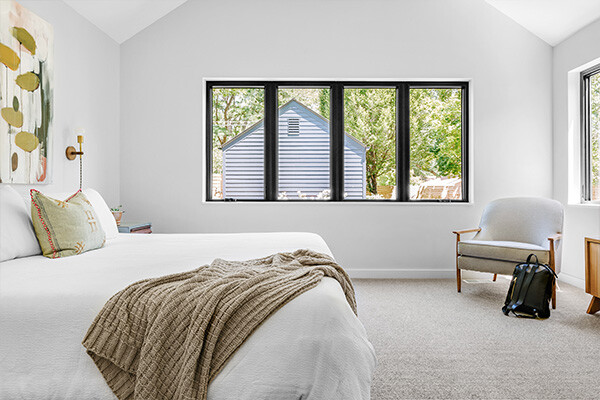Last month Evan Siddall from CMHC (Canada Housing and Mortgage Corporation) made headlines over his bold predictions in his address to the standing committee. His most staggering points that I want to address are:
Oil driven provinces could experience home values to drop 9-18%
I like to quantify things, so what this means in real numbers is the average home of $300,000 has the potential to drop between $246,000-$ 273,000. Yikes. I am not sure how CMHC came up with these very specific percentages? We have never experienced a pandemic before so where do you model from? I fully agree we will see a drop in home values I, however, can’t personally quantify it.
1/5 mortgages will be in default (not voluntary deferral) come September
I again agree with what he is predicting. Currently Canada has 12% of mortgages in deferral (voluntary non payment due to Covid-19); CMHC is predicting two percent to move from deferral to default. Does that mean that ten percent of Canadians are back to work come September or perhaps were deferring even though they didn’t experience a loss of income?
If one in five mortgages goes into default, that is going to put a significant amount of homes into foreclosure. Those homes will hit the real estate market, and when you have a lot of supply with a lesser number of Canadians being able to qualify for a mortgage due to income loss, that equals price reductions. Adding to this crappy situation is the potential of the second round of Covid-19 that has the potential to rear its head as our weather starts to cool in September. It’s like the perfect storm.
It’s said that it takes approx. 60 days to form a new habit. If you have put your mortgage into deferral for 180 days, how have you been allocating the funds that would have gone towards your mortgage? Maybe the funds went towards necessities? Maybe you have re-allocated the funds and paid off a credit card or line of credit (smart thinking)? Or maybe you have been over-spending? I won’t name the automobile insurer – but there is an insurer that has written 6x more motor-bike policies this year than in years past? Is the Canadian Emergency Response Benefit $2000/m going towards a new motorbike or are the funds that were supposed to be allocated to the mortgage buying a new motorbike? I hope people are making good choices if they put their mortgage into deferral and can easily transition back to making the payment again despite potential new habits.
Although Mr. Siddall did not come right out and say it – he did elude to CMHC removing 95% financing from its portfolio of mortgage insurance. Let me give you a little background on CMHC. Typically, they are conservative in their statements to Canadians and they often allude to something months before they announce a change. Why would he say something so controversial if he didn’t think it was a reality in the future? Let me be clear – I don’t want 5% down payment to go away. It would have some impact on my mortgage brokering business but it would put some mortgage brokers and realtors out of business. The majority of first-time home buyers use this program. Did he predict the 9-18% price drop in housing based on knowing 5% down payment is going to be gone before the end of the year? Was this, his warning?
If we take a closer look at the deferral numbers, 69% of current mortgage loans that are in deferral are in the 90-95% loan to value category. Mr. Siddall spoke about the potential losses to this highly vulnerable category and an interest in protecting them. These are generally young adults who have been saving down payment funds for years. Let’s use our $300,000 purchase price model again. They have saved $15,000 for down payment and purchased a home. If the housing market drops by 10% these young people have the potential to lose $45,000 ($69,000 if 18% drop). Ouch. So, what do these young people do? If they don’t buy now there is a chance the 5% down will be gone and they will have to save 10% to get into the housing market. Or they buy now with 5% down and own their own home but could quickly be in a negative equity situation?
CMHC would insure this mortgage in the above paragraph. If there is a change in income for the individuals that chose to buy and they can no longer afford the payment and they can’t sell due to the negative equity that leaves CMHC holding the bag. Let’s make this personal. Let’s say your friend asks you to borrow $10,000 to buy something and they use the purchase as collateral for the loan you give them. There is a prediction that the purchase is only worth $8200 in the very near future. Would you lend your friend $10,000? I wouldn’t! And that’s the problem . . . how does Mr. Siddall not hurt the housing market but also protect first time home buyers?
In addition to that . . . let’s remember that CMHC is funded by our tax dollars. If you don’t feel comfortable lending your friend $10K, should CMHC feel comfortable lending to first time home buyers at 95% loan to value? Maybe 90% loan to value is the answer? I don’t like, it but I would rather keep that money in my bank account, continue to save and rent and buy when I have 10% saved and the market is more stable. What is the correct answer: lose equity, or not be able to qualify if the rules change? Whether Mr. Siddall was or was not eluding to removing 95% financing, I think it’s fairly safe to say that we should anticipate policy tightening surrounding mortgages within the next year.
I mentioned in last month’s blog post that we were listing our house for sale . . . and guess what? It SOLD! Neil and I are renting and not buying. We have some upcoming circumstances in our future that aide in that decision but I am so afraid that if we buy a new home now, we lose $90K in equity . . . . Although it’s going to mean an extra move for us, we are going to rent. It gives me anxiety thinking about losing money when we don’t have to. Even if we pay $20,000 a year in rent, we are still ahead by $70,000 and we haven’t even taken into account property taxes and mortgage interest yet. There are not a lot of mortgage brokers who don’t like Mr. Siddall, but I may be one of the rare ones who think there may be an element of truth to what he said. I am a realist and although I don’t know where he got his numbers from, they must have come from some sort of predictive model.
Maybe the time has come that Canadians start doing some critical thinking about homeownership. I think moving forward we will see a housing market correction and a lower volume of homeowners but higher quality. In these times we see a lot of attention-grabbing ridiculous headlines and I encourage you to think critically and when in doubt, ask questions. I LOVE chatting about this stuff with anyone who wants to engage in a conversation with me. Don’t spread fear, but do act to protect your own finances and the finances of the young adults in your family.
I have a VIP Club where I give away awesome gifts each month as well as mortgage tips and insight… and it’s free! Join my VIP Club!















